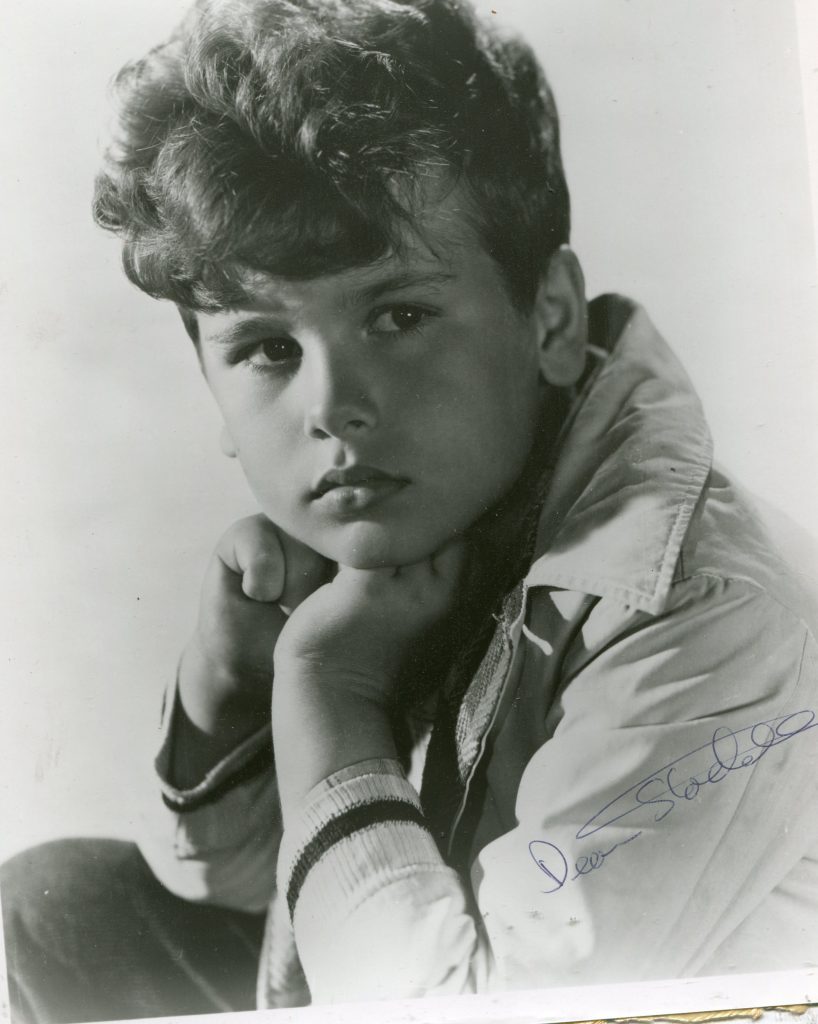
TCM Overview:
The career of this prolific performer has come in several waves, each punctuated by a “retirement” from the screen. As a child actor under contract to MGM from 1945, Dean Stockwell charmed in “Anchors Aweigh” (1945), then specialized in “sensitive child” roles, such as Gregory Peck’s son in “Gentleman’s Agreement” (1947), who suffers the slings of anti-Semitism when his father decides to pose as a Jew to do a magazine article, and in the title character of Joseph Losey’s “The Boy with Green Hair” (1948), which delved into a similar milieu of how people treat a stranger. After five years spent traveling around the USA and working at odd jobs, he matured into a strikingly attractive, introverted young adult lead, winning acclaim as the character based on Nathan Leopold in “Compulsion” first on stage (1957) and later the feature (1959). Stockwell also won acclaim for two characters that functioned as authorial stand-ins, Paul Morrel in Jack Cardiff filming of D.H. Lawrence’s “Sons and Lovers” (1960) and Edmund Tyrone in Sidney Lumet’s version of Eugene O’Neill’s “Long Day’s Journey Into Night” (1962)
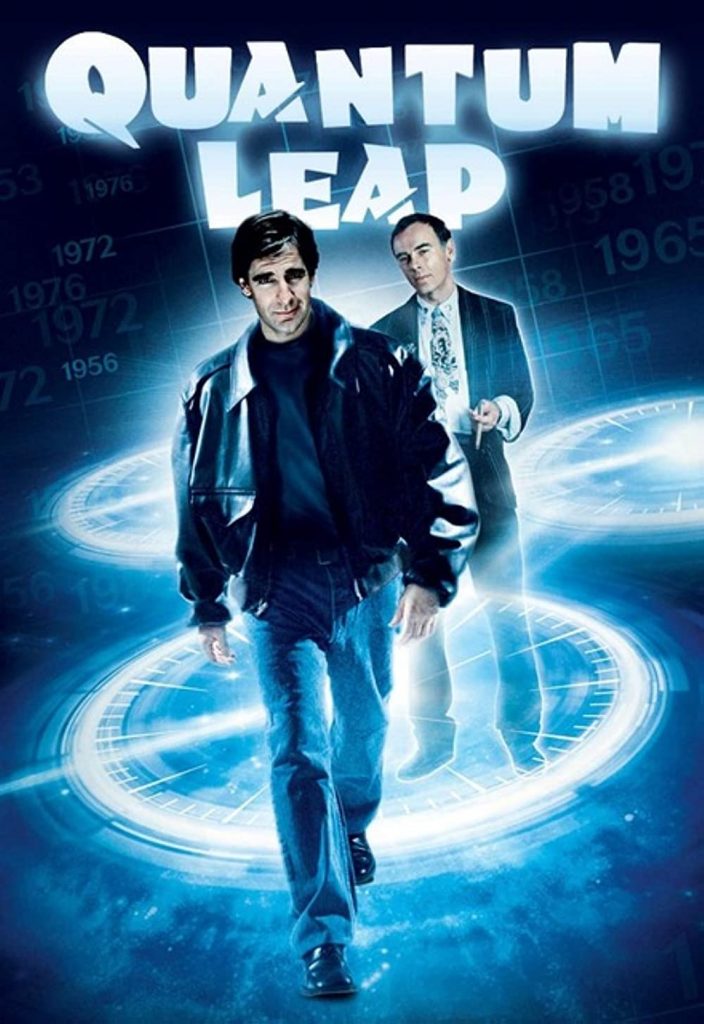
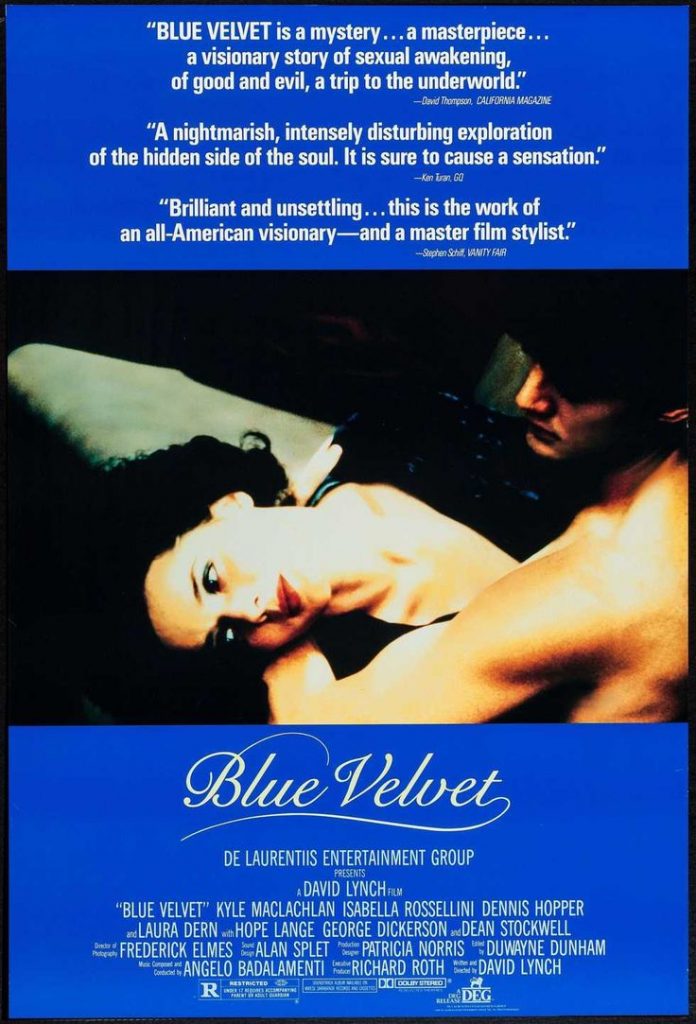
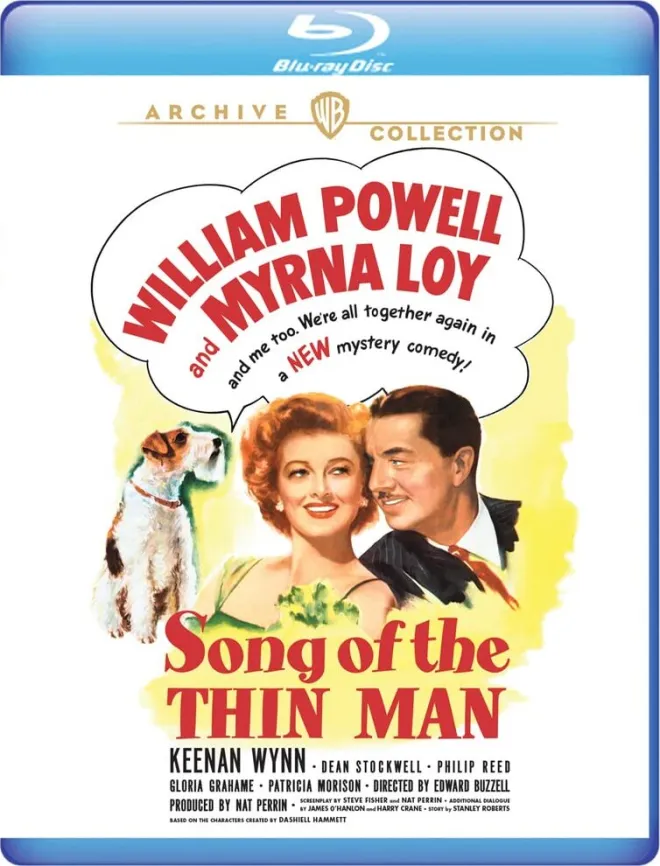
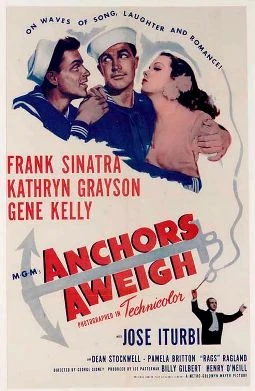
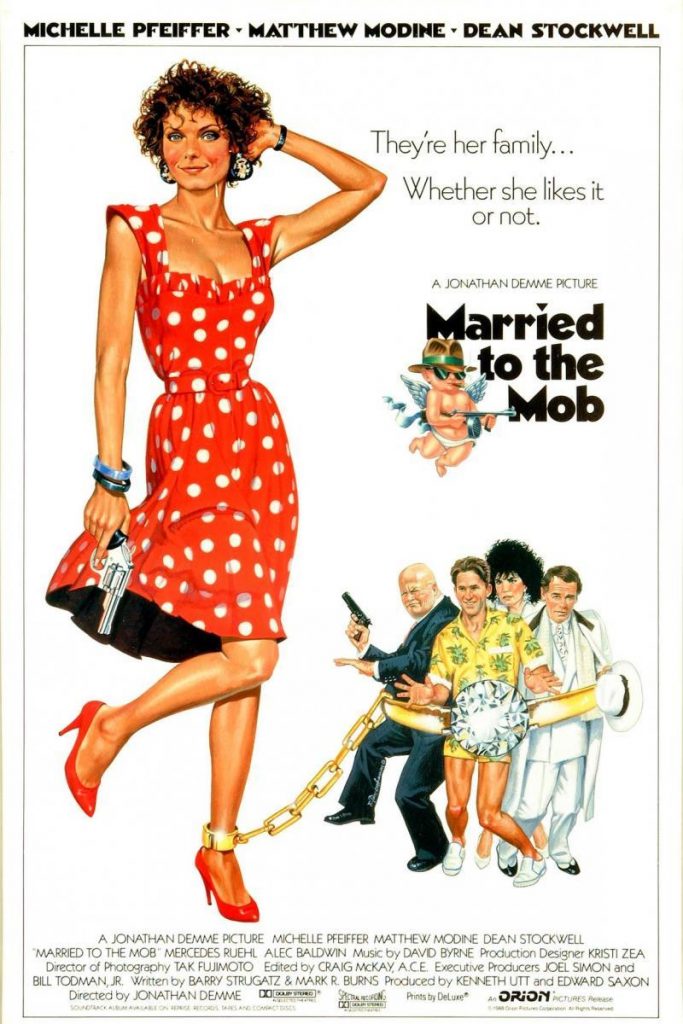
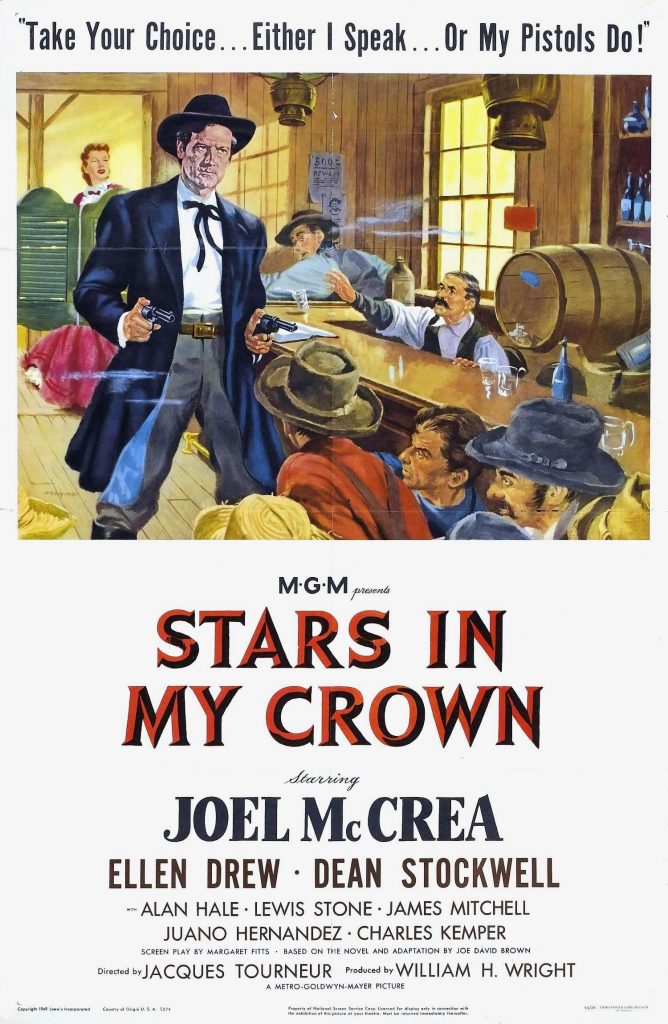
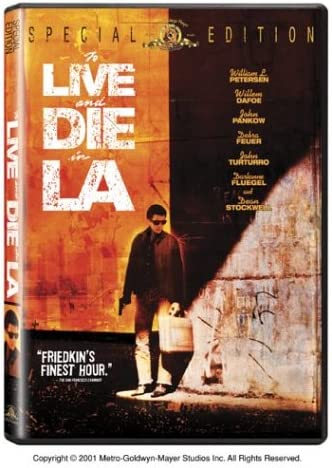
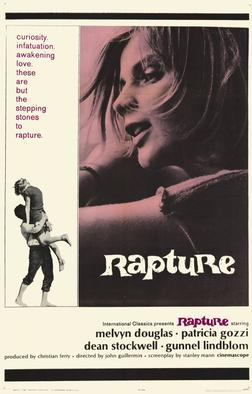

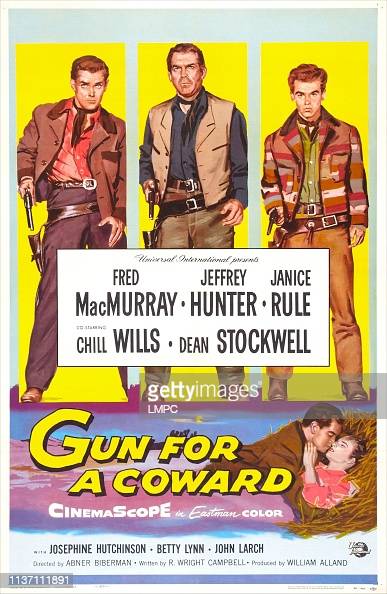
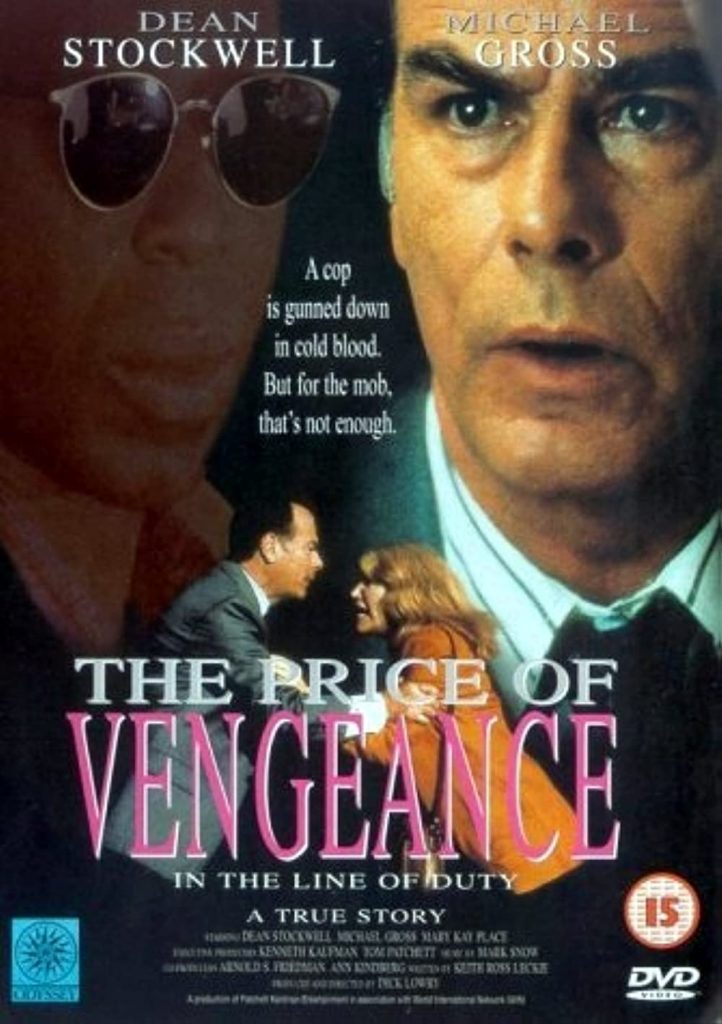
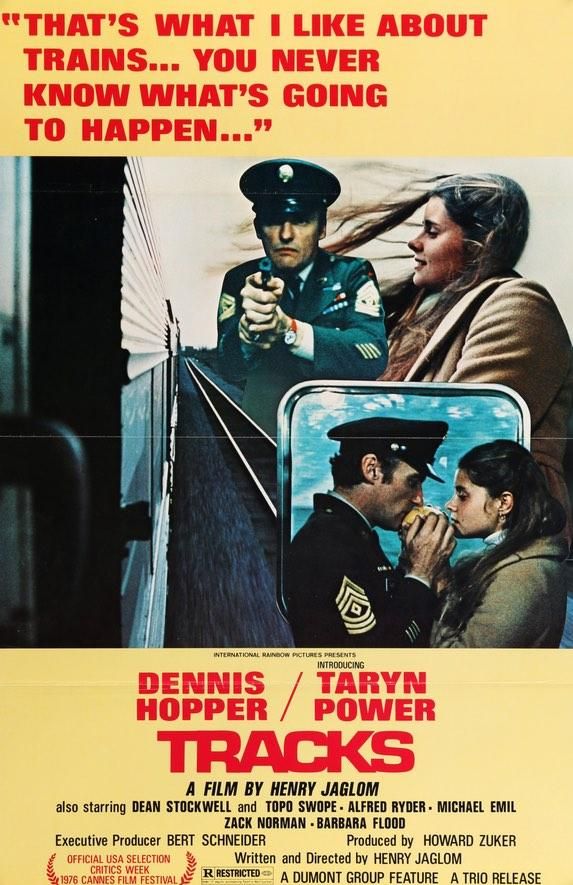
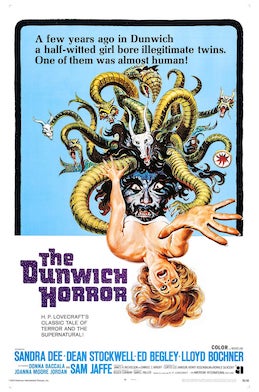
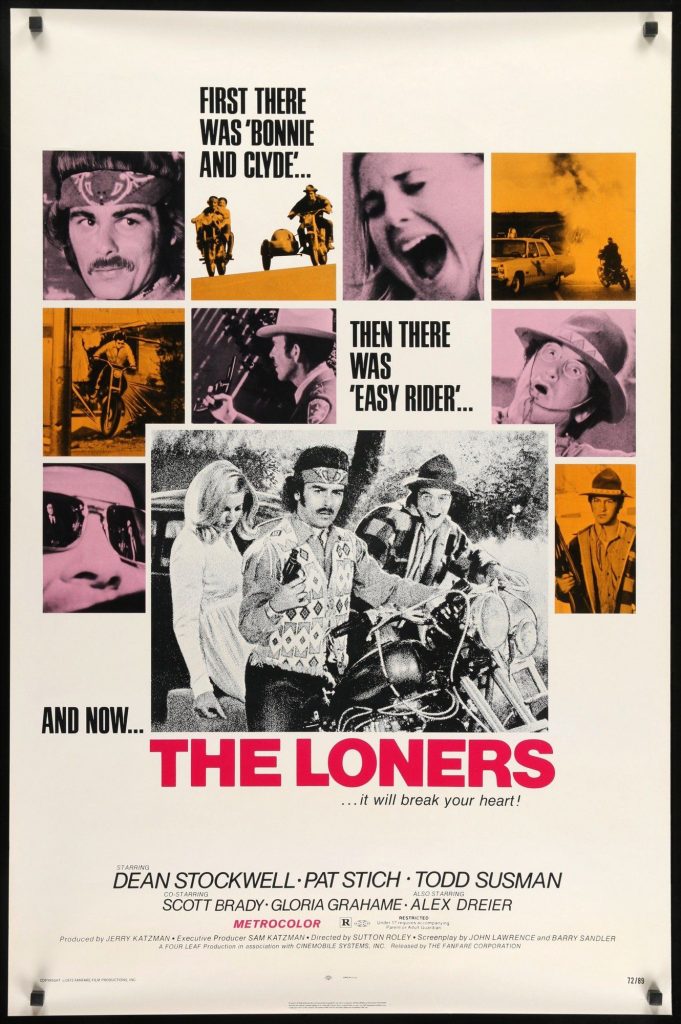
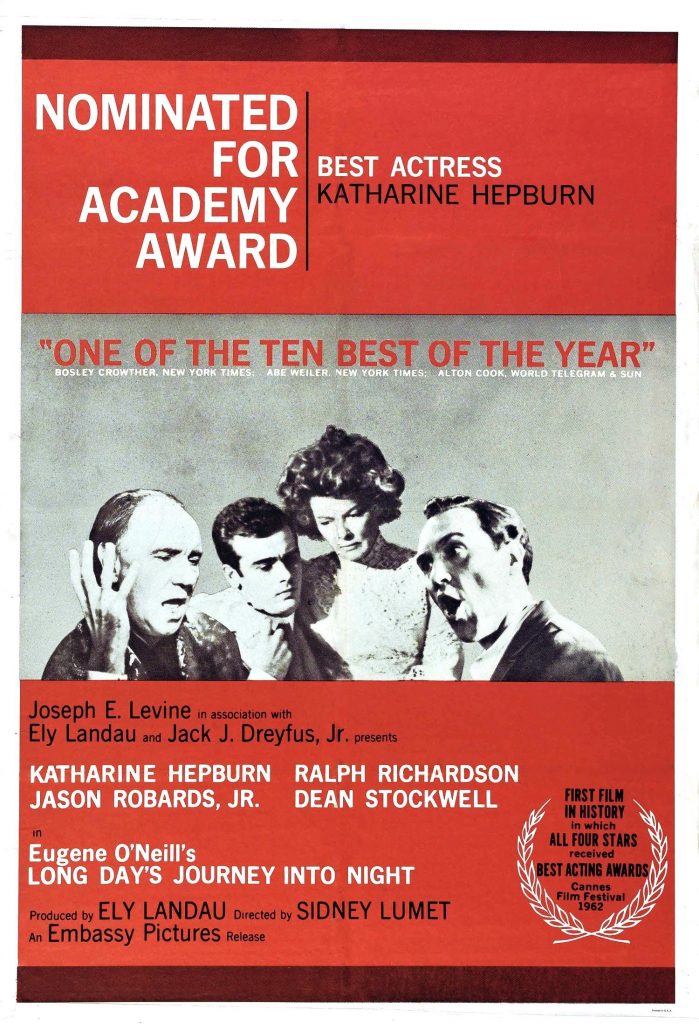
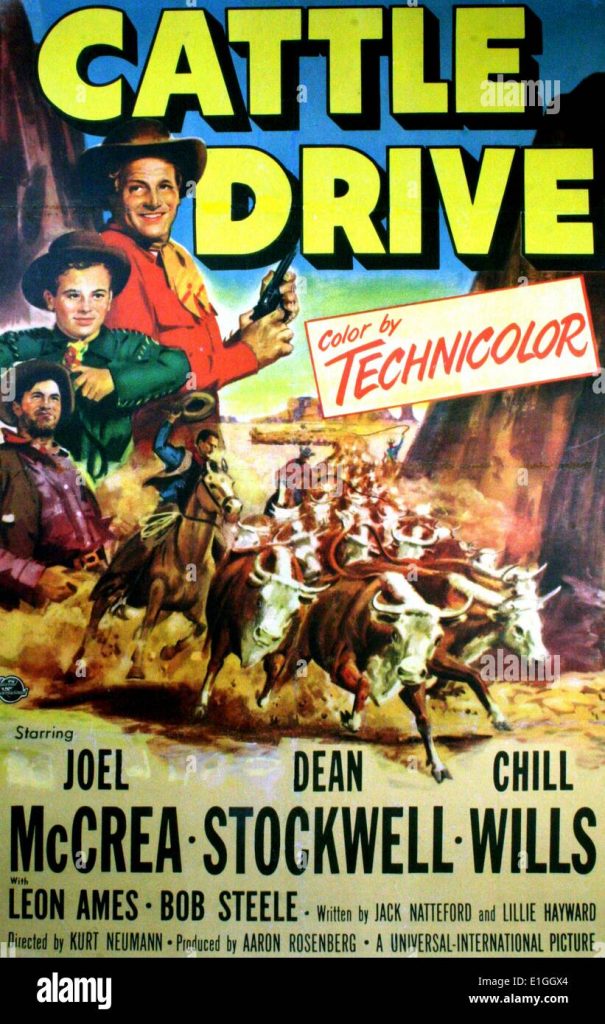
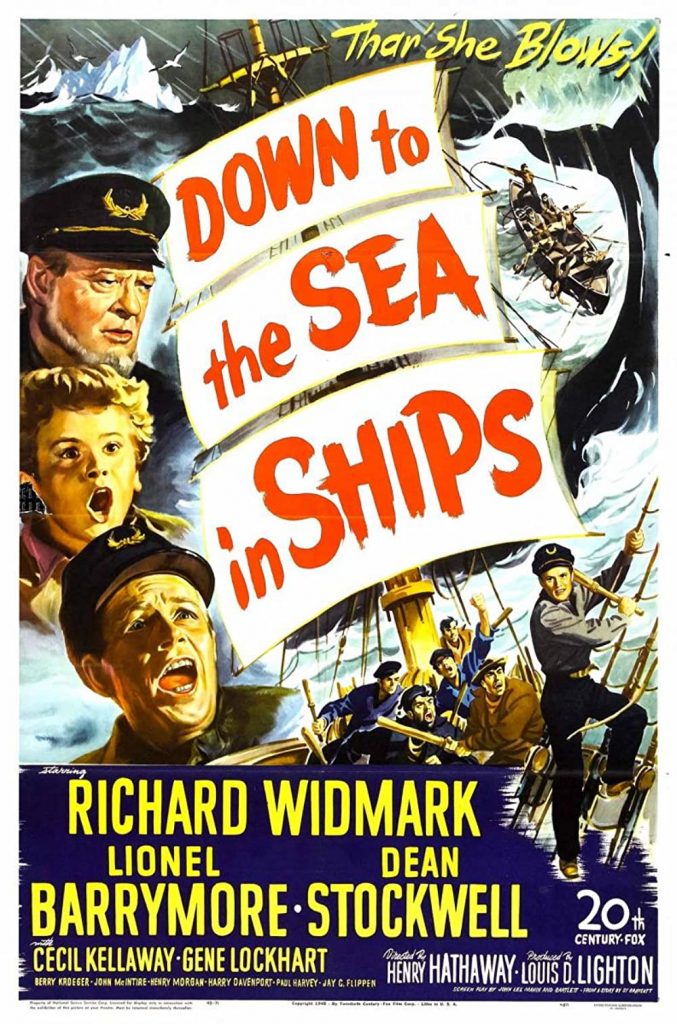
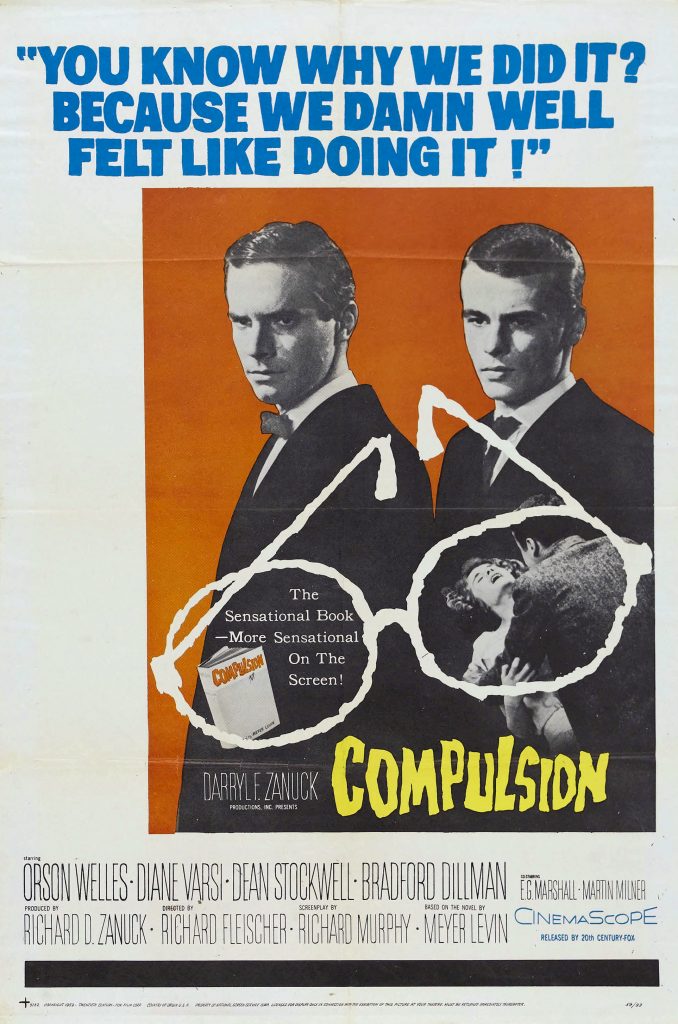
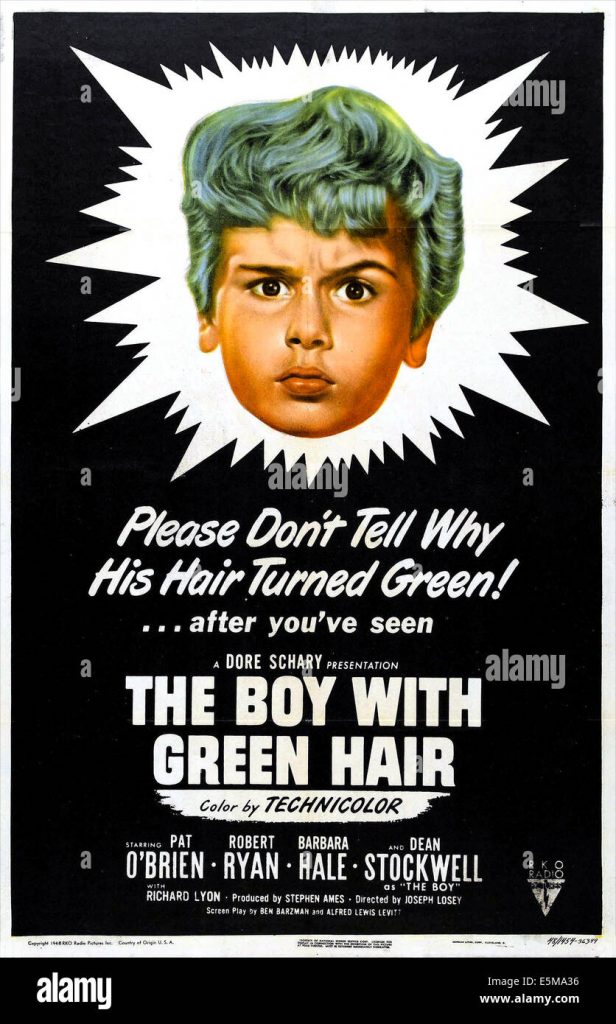
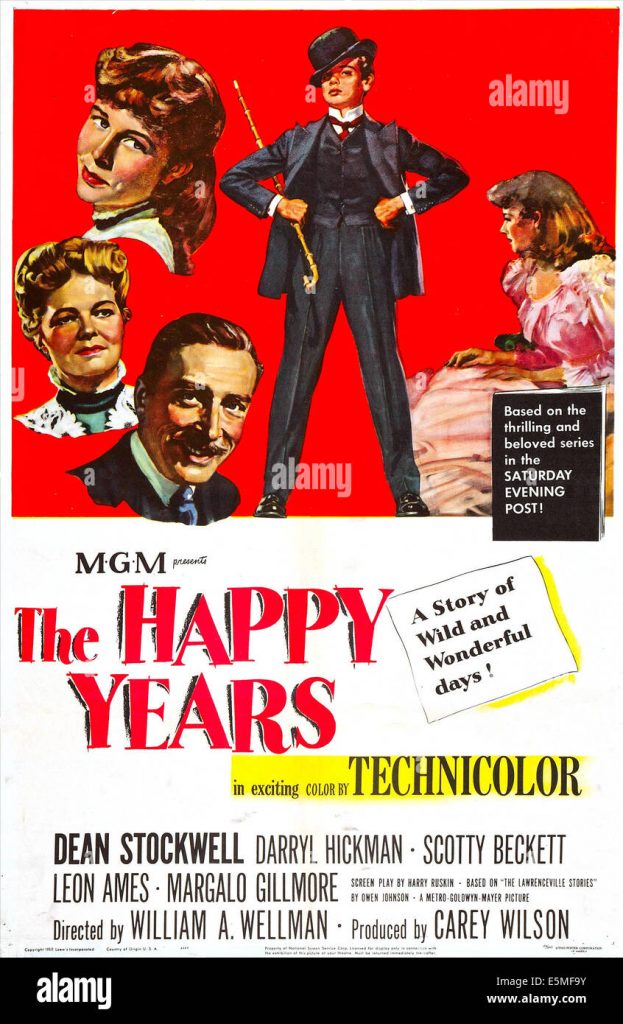
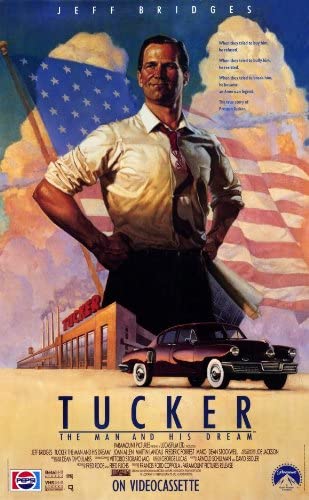
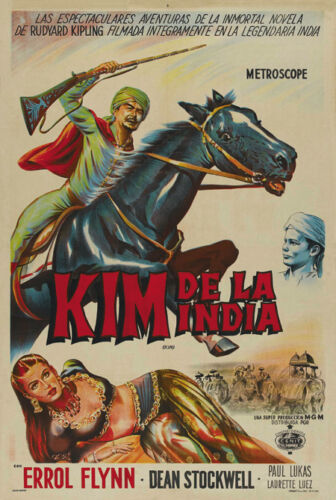
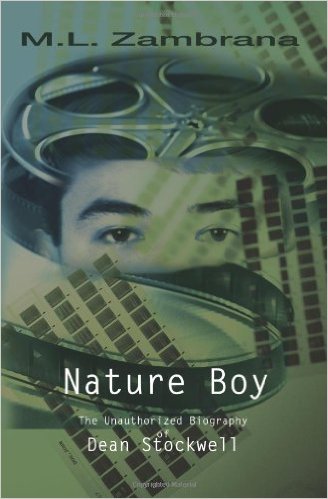
The Times obituary in 2021:
Dean Stockwell obituary
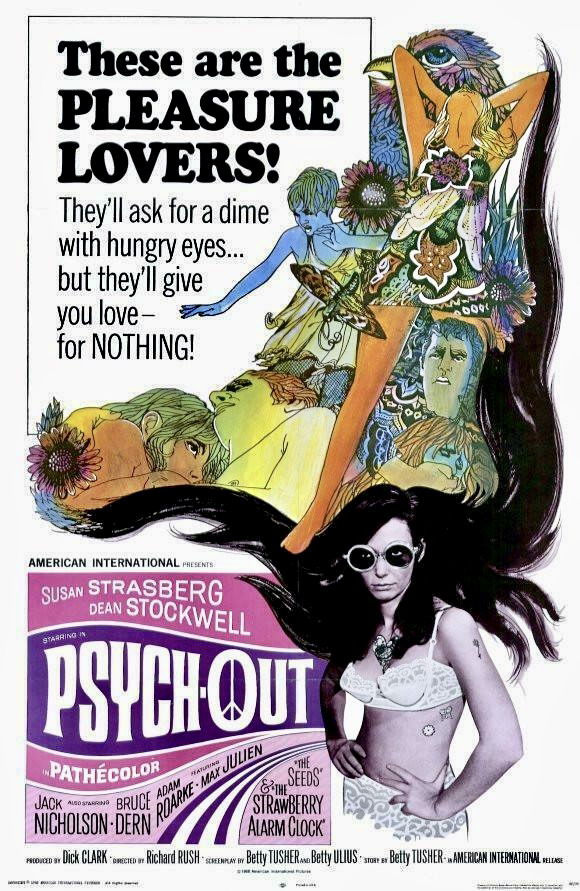
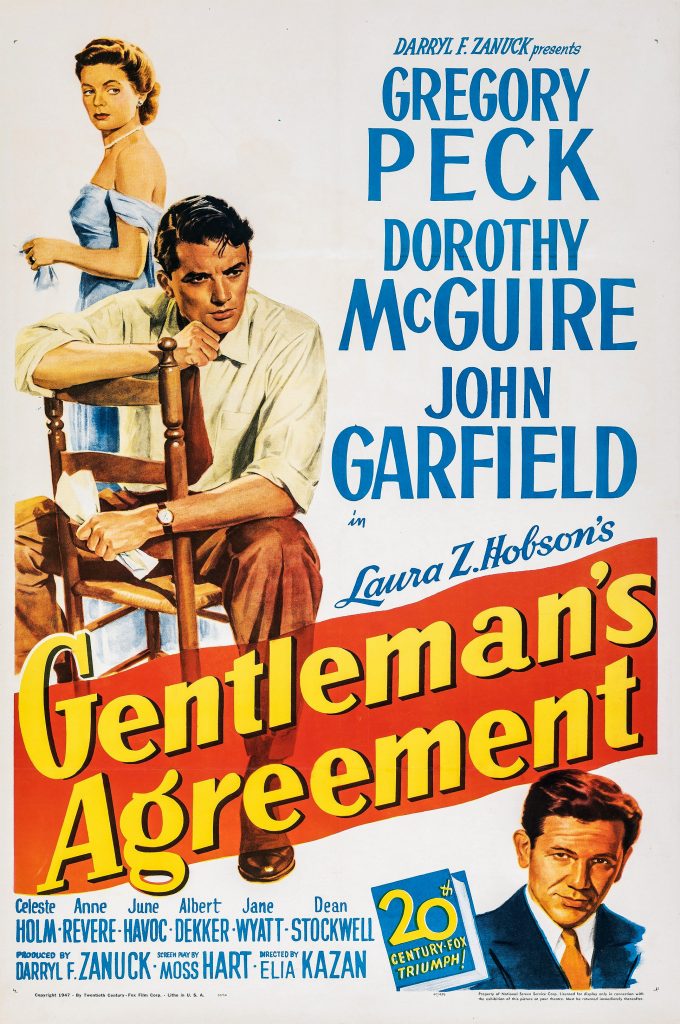
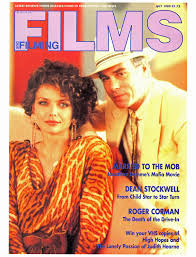
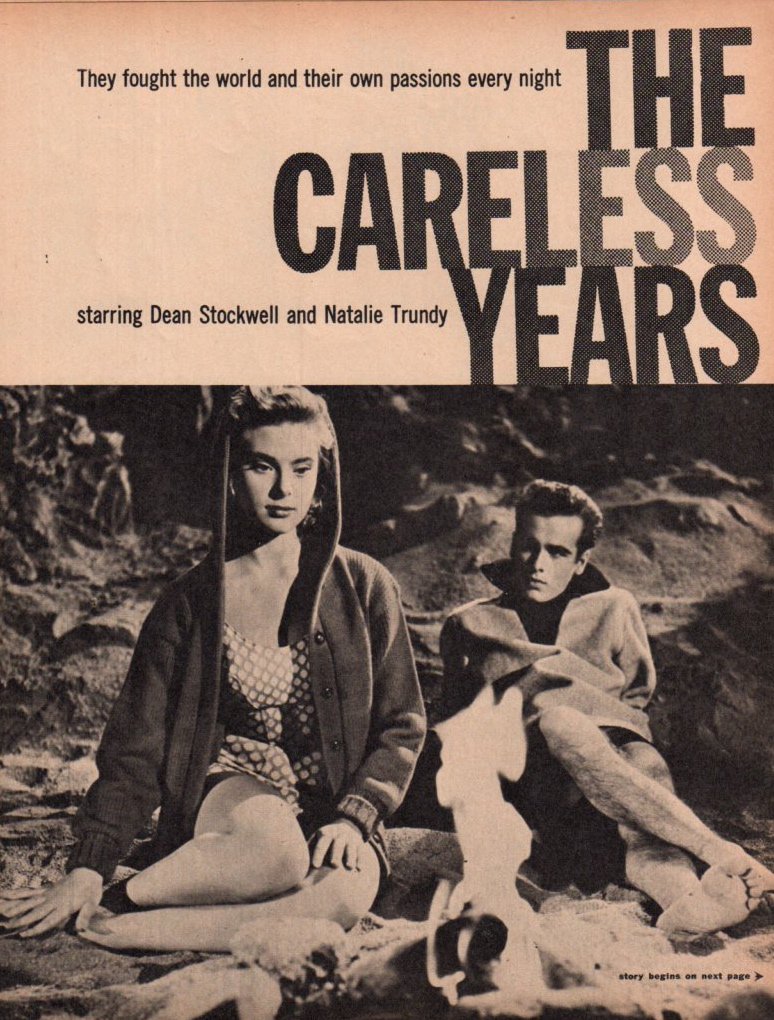
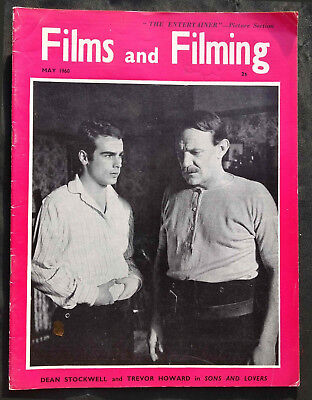

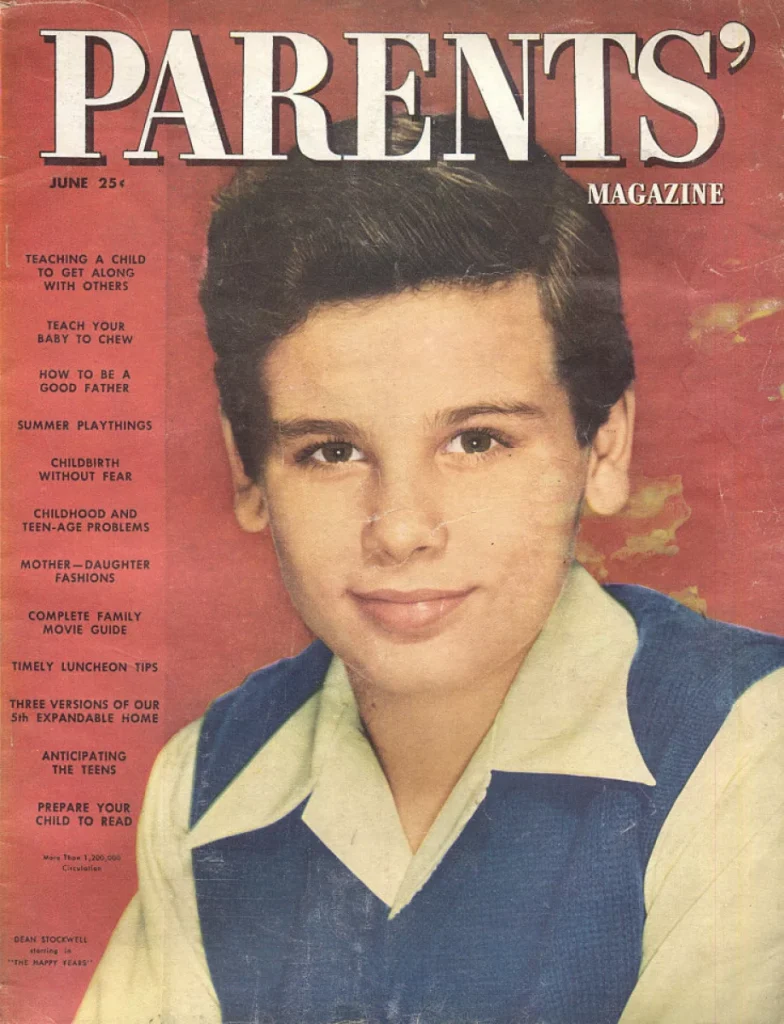
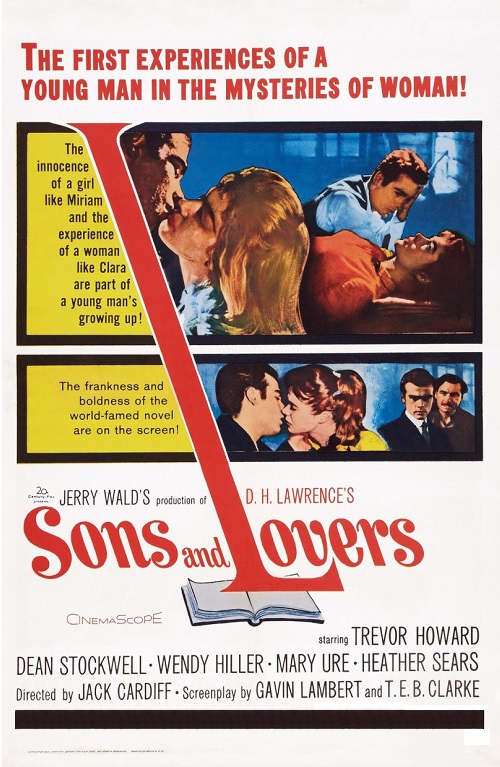
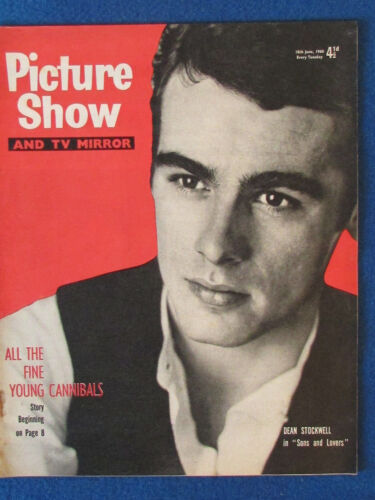
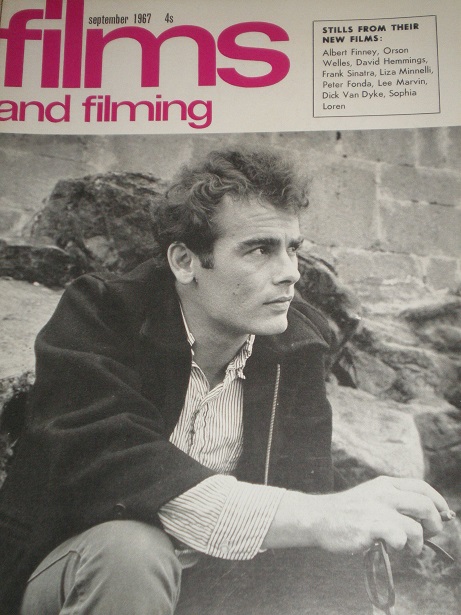
Reluctant child actor turned Hollywood star best known for classics such as Paris, Texas and the sci-fi series Quantum Leap
Tuesday November 09 2021, 5.00pm GMT, The Times

By the early 1980s, Dean Stockwell had been acting for almost 40 years and was ready for a career change. Depressed and demoralised, he had left Hollywood and moved to New Mexico, where he applied for a licence to set up as an estate agent.
Then he received a phone call from his fellow actor Harry Dean Stanton. “He said he’s going to do this movie with Sam Shepard and Wim Wenders and thinks I should play his brother in it,” Stockwell recalled.
The film was Paris, Texas (1984), a classic road movie that won the Palme d’Or at Cannes and relaunched Stockwell on what was to become the most successful phase of his stop-start career. Over the next decade or so he went on to appear in some of the defining films of the era, including David Lynch’s Blue Velvet (1986), Jonathan Demme’s Married to the Mob (for which he was nominated for an Oscar in 1989) and Francis Ford Coppola’s The Rainmaker (1997).
In between came his signature performance as the womanising, larger-than-life Admiral “Al” Calavicci in the quirky sci-fi television series Quantum Leap, which ran for five seasons between 1989 and 1993. His portrayal earned him not only a Golden Globe but a rare personal satisfaction. “I’ve been deeply affected by the sincerity, warmth and affection coming back to me from fans of the show. I’ve never experienced that before in my life,” he enthused.
Stockwell called his comeback his “third or fourth career”, for as a seemingly reluctant actor he had walked away at least twice before. As a child actor in the 1940s, he appeared on screen with Frank Sinatra, Gene Kelly and Errol Flynn but had not enjoyed it. “I had no friends, except for my brother, and I never did what I wanted to do. I had one vacation in nine years.”
His childhood mood was perhaps not helped by a practical joke Flynn played on him when he was 13 and was acting the title role in an adaptation of Rudyard Kipling’s Kim. During a scene shot in a tent on location in India, Flynn was meant to hand Stockwell a bowl of food. Instead, on a bet with the crew, he handed the boy a plate “piled high with fresh camel dung, still steaming”.
When his seven-year contract with MGM expired in 1950, he was delighted. “I did everything, just to get out of it,” he said. After a hiatus, he returned to Hollywood and appeared with Orson Welles in Compulsion (1959) and with Katharine Hepburn in Long Day’s Journey Into Night (1962). When Hepburn objected to him turning up on set each day with a bottle of vodka, he told her that it was because he was “cold”. She bought him a coat and left it in his dressing room. He won best actor awards at Cannes for both films.

With Harry Dean Stanton, who persuaded him to return to acting, in Paris, Texas (1984)
Moving to Topanga Canyon in the mid-1960s, where fellow residents included Neil Young and Jim Morrison, Stockwell tuned in, turned on and dropped out for a second time. One night while stoned he symbolically threw his Cannes citations into the fireplace. It was as if in the freewheeling hedonism of the hippy subculture he was finally getting to live the carefree childhood that he had been denied.
“I did some drugs and went to some love-ins,” he said. “The experience of those days provided me with a huge, panoramic view of my existence that I didn’t have before.” He later co-directed and appeared in Young’s 1982 film Human Highway. For a time he found work hard to come by but starred in such counter-cultural fringe pictures as Psych-Out, in which he played a long-haired hippy guru alongside Jack Nicholson, and Dennis Hopper’s 1971 cult classic The Last Movie. He retired from the big screen for the final time in 2015, making another career change to exhibit his artworks under his full name, Robert Dean Stockwell. He cited his other interests as golf, chess and cigars.


